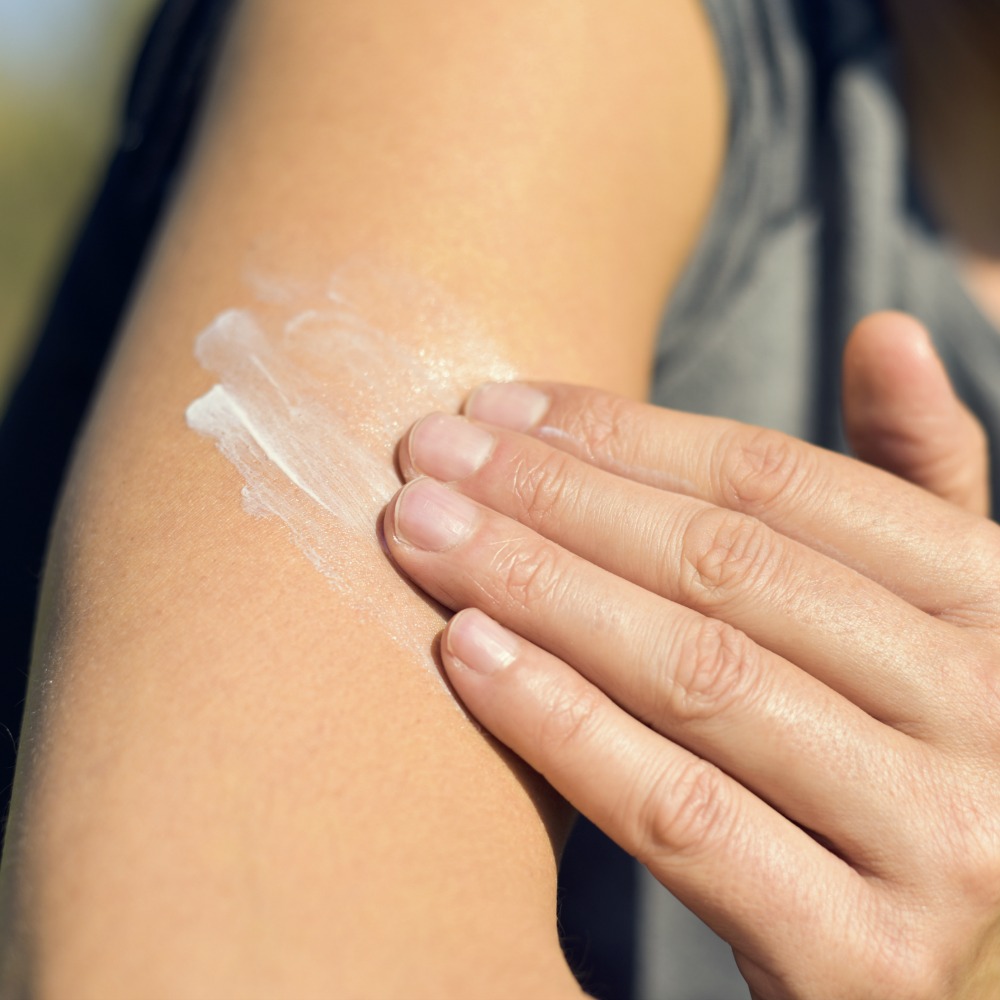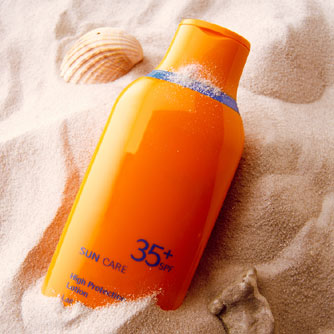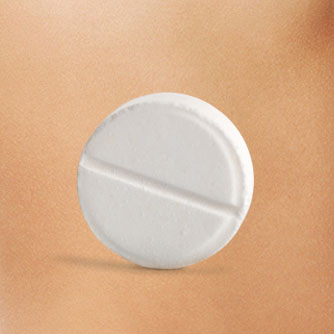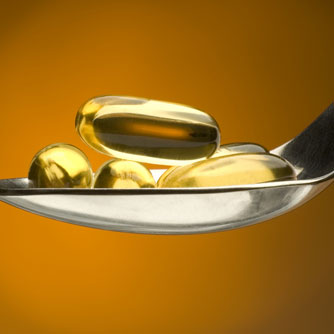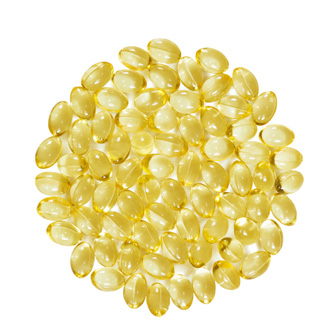Wearable UV Exposure Device Is Smallest Yet
Northwestern University in conjunction with L’Oreal have developed the smallest wafer thin, feather light wearable sensor that can fit on a fingernail and accurately measure a person’s exposure to UV light from the sun. Northwestern University in conjunction with L’Oreal have developed the smallest wafer thin, feather light wearable sensor that can fit on a …


